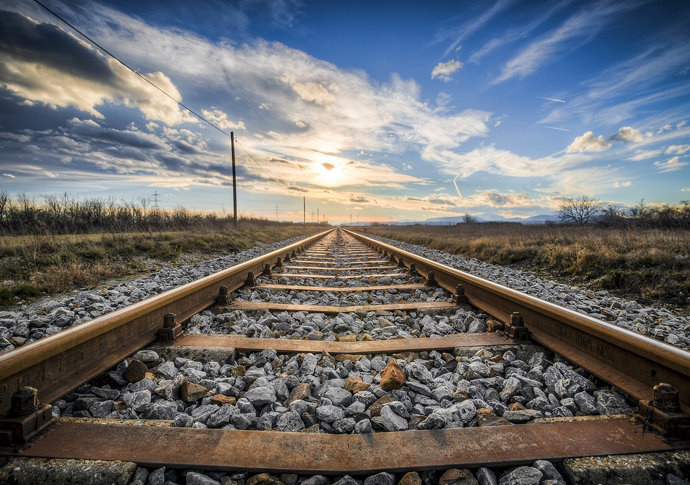There are dangers with rail privatisation and underinvestment
Thursday, 23rd March 2023

‘Railworkers have also been sacrificing pay to defend safety-critical jobs and resist the inexorable cost-cutting that follows privatisation’
• TWO disasters an ocean apart have once more highlighted the dangers inherent in rail privatisation and long-term underinvestment in safety measures.
In the US state of Ohio, 38 cars derailed from a Norfolk Southern freight train near East Palestine township on February 3.
Most cars contained hazardous chemicals and a subsequent fire burned for two days. The incident has already taken a massive toll on local fish and wildlife, while concerns mount for residents exposed to cancer-causing substances following the derailment and subsequent “controlled burn-off”, which contaminated soil and water for generations to come.
In late February a night-time collision between passenger and freight trains near Tempi, Greece, claimed at least 57 lives and left dozens more with life-changing injuries. The crash was the single worst railway disaster in Greece’s history.
The passenger train carrying university students was operated by Ferrovie dello Stato Italiane (FdSI), which acquired Hellenic Railways following the sale of the Greek state-owned company as part of the drastic austerity programme imposed as a precondition for the bailout of Greece’s debt-laden economy.
Coincidentally, the FdSI subsidiary, Trenitalia, controls Avanti, the notorious west coast mainline operator, in a joint venture with British-based FirstGroup.
Greece’s rail unions had been sounding the alarm for years about inadequate investment, especially in automatic signalling systems, which might well have prevented the horrific crash last month.
In the words of Kostas Genidounias, president of the train drivers’ union, “Signalling and automatic control systems have not been working for years… Everything is done manually”.
A combination of lax regulation and relentless cost-cutting by profit-hungry corporations ultimately lay behind the Ohio derailment.
The supposedly pro-union Joe Biden administration effectively imposed a contract on US railworkers last autumn, which still does not provide occupational sick pay and reinforces chronic understaffing on the freight network.
Media coverage has depicted the RMT’s recent disputes with Network Rail (now settled) and the train operating contractors as simply about pay.
While the union’s pay demands were fully justified, railworkers have also been sacrificing pay to defend safety-critical jobs and resist the inexorable cost-cutting that follows privatisation.
In a very real sense, trade unionists on the railways have been fighting not only for themselves but for the safety of the general population.
GEORGE BINETTE
Vice-Chair
SARAH FRIDAY
Assistant Secretary
On behalf of Camden Trades Council